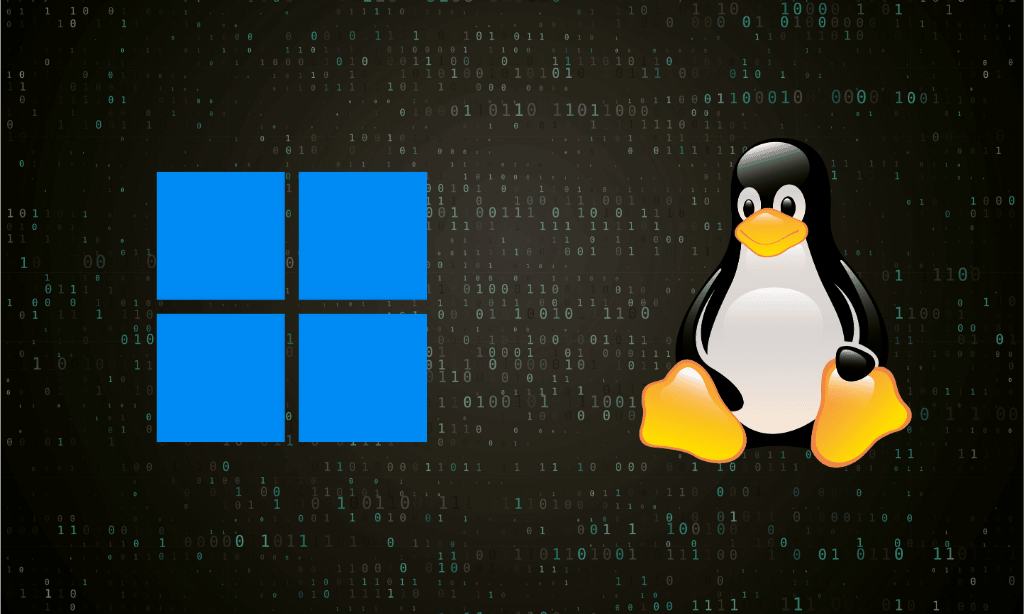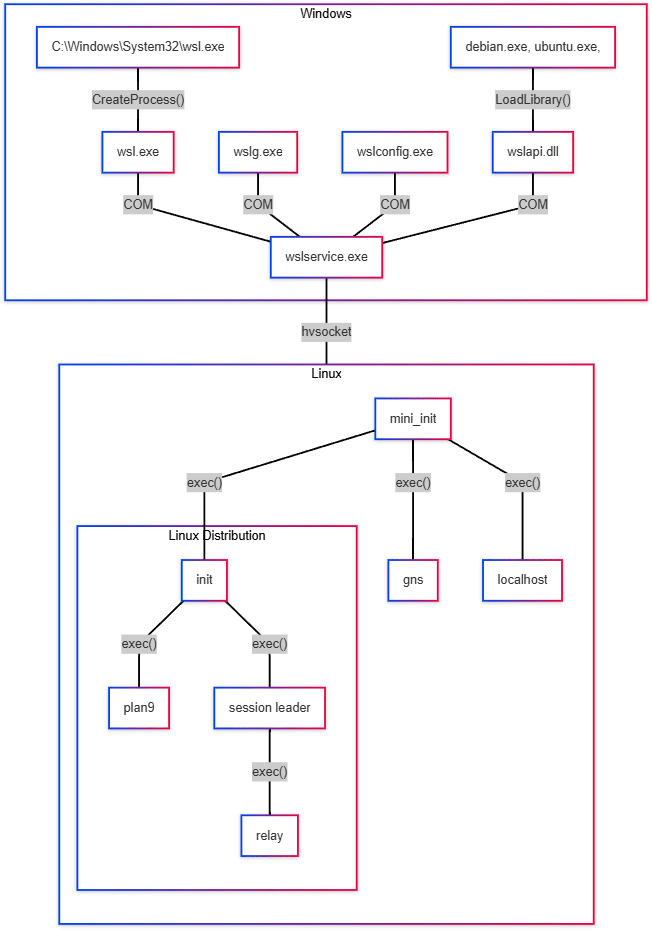
Microsoft has officially open-sourced the core components of the Windows Subsystem for Linux (WSL), allowing developers to inspect, build, and contribute to its development directly via GitHub.
This milestone follows years of gradual evolution and increased community involvement, culminating in WSL becoming a standalone, actively maintained software package.
Microsoft's announcement highlights that the open-source release fulfills the very first request ever filed on the WSL GitHub repository, dating back to its inception. The source code is now available on GitHub, where developers can contribute improvements, propose features, and explore the internals of WSL.
The Windows Subsystem for Linux is a compatibility layer that enables running Linux distributions natively on Windows. It initially debuted in 2016 with WSL 1, relying on a Windows kernel component (lxcore.sys) to interpret Linux system calls. In 2019, WSL 2 replaced this model with a full Linux kernel running inside a lightweight virtual machine, offering significantly better compatibility with native Linux behavior.
WSL comprises several modular components. Key user-facing executables like wsl.exe, wslconfig.exe, and wslg.exe facilitate command-line interactions and graphical interface support. Behind the scenes, wslservice.exe orchestrates virtual machine lifecycles, manages filesystems, and handles resource sharing between Windows and Linux. Within the Linux VM, utilities like init, gns, and localhost manage system startup, networking, and port forwarding, respectively. Microsoft’s implementation of the Plan 9 protocol enables file sharing between the host and Linux subsystems.

Microsoft
While many parts of WSL are now open source, Microsoft has clarified that certain low-level Windows drivers remain proprietary. These include lxcore.sys for WSL 1 and the filesystem redirection components p9rdr.sys and p9np.dll, which handle integration with Windows file paths like \wsl.localhost.
The decision to open source WSL reflects Microsoft’s continued pivot toward openness and community-driven development. Since decoupling WSL from the Windows OS in 2021 and distributing it via the Microsoft Store, the tool has matured rapidly. Key milestones include the addition of systemd support, mirrored networking, improved DNS resolution, session 0 support, and native GPU and GUI capabilities. The current stable release is WSL 2.5.7, with nearly a decade of updates and feedback shaping its architecture.
WSL is widely used by developers and system administrators who rely on Linux-native tools while working within Windows environments. The tool has become especially popular among software engineers involved in DevOps, AI research, and containerization workflows.
With the source now available, Microsoft is inviting the broader community to contribute directly to WSL’s development. The project already benefits from a dedicated user base, many of whom have submitted bug reports, proposed features, and reverse-engineered behaviors without having had access to the underlying codebase.







Leave a Reply